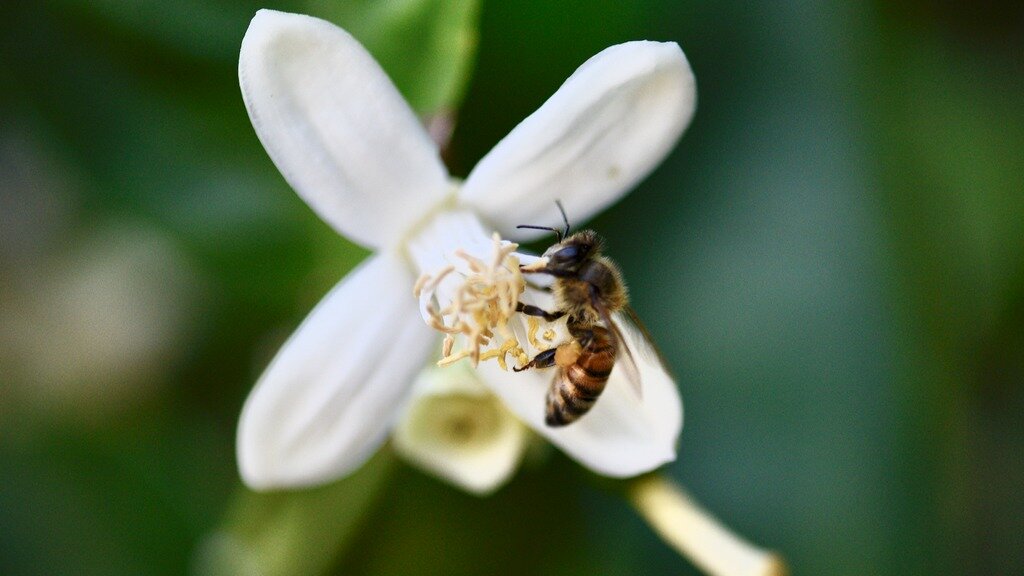Every spring, school auditoriums across the country fill with the familiar buzz of anticipation as students stand before peers, parents, and judges, awaiting their turn to spell a word that could lead them to glory—or elimination. Spelling bees are a rite of passage for many children, challenging not only their vocabulary and memory but also their poise and confidence. While much attention is placed on individual performance, there’s an often-overlooked element that can make all the difference: the Spelling Bee Buddy.
In the world of competitive spelling, success is rarely a solo achievement. Behind every great speller is a support system—parents, teachers, coaches, and peers—who help sharpen skills, calm nerves, and build the kind of quiet confidence that wins championships. The concept of a “Spelling Bee Buddy” goes beyond mere companionship; it’s about creating a meaningful partnership that fosters growth, discipline, and joy in learning.
What Is a Spelling Bee Buddy?
A Spelling Bee Buddy is someone who helps a participant prepare for spelling competitions. This could be a friend, sibling, parent, teacher, or even a digital assistant. The buddy’s role varies depending on the student’s needs: quizzing on words, offering mnemonic tips, reading definitions aloud, simulating bee scenarios, or simply offering encouragement after a tough practice session.
In essence, the buddy becomes a coach, cheerleader, and confidant—all rolled into one.
Why Every Speller Needs a Buddy
Spelling bees are demanding. Competitors often study for months, memorizing word origins, syllables, and definitions. With such pressure, having a buddy provides crucial benefits:
1. Accountability and Consistency
Studying alone can lead to procrastination or burnout. A buddy ensures a regular study schedule. By setting up shared goals and practice times, the process becomes more structured and less daunting.
2. Emotional Support
Even the most prepared students face moments of doubt. A buddy offers emotional grounding, helping the speller manage stress and stay motivated. Whether it’s a pep talk before a mock round or a shared laugh over a spelling blunder, emotional connection strengthens resilience.
3. Active Recall and Feedback
A buddy can quiz the participant in real-time, helping with active recall—a proven learning strategy. They can point out pronunciation errors, correct mistakes gently, and provide immediate feedback, which is much more effective than solitary studying.
4. Increased Engagement
Let’s face it—long hours of memorization can get boring. Turning study sessions into games, friendly competitions, or storytelling opportunities with a buddy transforms the experience from monotonous to fun. A buddy can introduce new perspectives and methods to break the routine.
The Psychology Behind Partnership Learning
Studies in educational psychology show that students retain information better when they learn with others. The “social learning theory” proposed by Albert Bandura emphasizes that people learn through observation, imitation, and modeling—mechanisms naturally embedded in buddy systems.
Peer-based learning is particularly effective for language and literacy acquisition. In a spelling context, this translates into better phonemic awareness, comprehension, and retention. The act of spelling aloud to someone or teaching a word back to your buddy reinforces memory through repetition and interpersonal connection.
Meet the Digital Spelling Bee Buddy
In the age of technology, not every student has access to a human buddy. Enter the Digital Spelling Bee Buddy—an app or tool designed to simulate the buddy experience using AI and interactive features.
Features of a good digital spelling bee buddy include:
- Customizable word lists and difficulty levels
- Pronunciation tools and etymology guides
- Timed spelling drills and mock competitions
- Encouraging feedback and progress tracking
- Gamification elements for motivation
These tools allow learners to study independently while still benefiting from structure and feedback. Some even incorporate voice recognition, enabling users to practice spelling aloud and receive real-time evaluation.
Stories of Success: Buddies Behind the Champions
Many top spelling bee finalists credit their success to teamwork. For example, past Scripps National Spelling Bee champions often mention their parents or siblings as integral to their study routine. In some cases, families organize spelling clubs or “word study parties” where groups of students prepare together in a collaborative environment.
One such story is that of Ananya Vinay, the 2017 Scripps champion, who prepared daily with her mother, alternating between reading aloud, writing drills, and playing word games. The consistency and camaraderie of their routine provided a solid foundation for Ananya’s triumph.
How to Be a Great Spelling Bee Buddy
If you’re thinking of being someone’s buddy—or finding one for yourself—here are some tips to get the most out of the experience:
1. Set Clear Goals Together
Define what you hope to achieve: mastering a list of 500 words, improving under time pressure, or building confidence on stage. Tailor your sessions accordingly.
2. Practice Empathy
Spelling bees can be stressful. Be patient, kind, and encouraging. Mistakes are part of learning, so create a safe space for error.
3. Keep It Dynamic
Use varied methods—flashcards, storytelling, spelling games, or etymology puzzles. A change in format can reignite enthusiasm.
4. Celebrate Small Wins
Did your buddy finally spell xylophone correctly after ten tries? Celebrate! Recognition boosts morale and reinforces positive behavior.
5. Simulate Real Conditions
Occasionally conduct full mock bees, complete with rules, a judge (you), and a buzzer or timer. This builds performance confidence.
Beyond the Bee: Lifelong Lessons
Spelling bees may culminate in a trophy or medal, but the lessons extend far beyond the stage. With a Spelling Bee Buddy by their side, students learn:
- Discipline: Mastering words requires consistency.
- Collaboration: Achieving goals together fosters teamwork.
- Communication: Explaining or teaching words builds verbal fluency.
- Confidence: Speaking and spelling under pressure develops courage.
These are skills that carry over into academics, careers, and personal development.
Conclusion: Buddy Up for Brilliance
In a world that often glorifies individual achievement, the idea of a Spelling Bee Buddy reminds us that support, connection, and cooperation are vital components of success. Whether it’s a parent guiding practice sessions at the kitchen table, a best friend hosting mock bees in the backyard, or an app that cheers when you get a tough word right, the presence of a buddy can turn the solitary grind of preparation into a shared journey of growth.
So, the next time you—or someone you care about—prepares to face the bright lights of a spelling stage, remember: no one spells alone. Behind every confident voice that utters “pneumonoultramicroscopicsilicovolcanoconiosis” is a buddy who helped make it possible.




